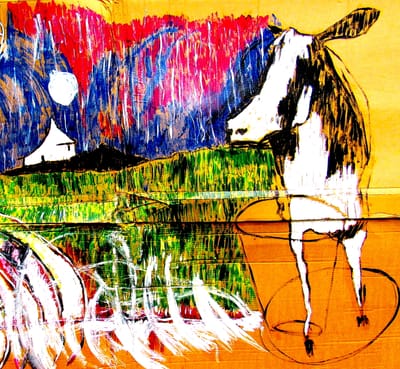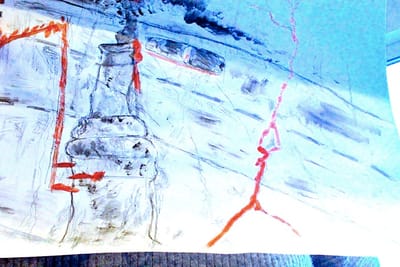Articles #philosophy of science
The short answer is that cancer is a very complex disease; we should not expect a science that investigates this complex disease to come up with a simple, unified theory or model that explains all there is to explain. Cancer is massively heterogeneous - both in its causes and dynamics, as well as in responses to therapy, progression, etc. This is illuminated by the fact that when I tell cancer scientists that I wrote a book on cancer, they typically ask me which kind of cancer (e.g., breast, bone, lung, etc.). No cancer scientist thinks that one should (or could) write a single book on cancer (in general). Continuing the End Times series, Richard Marshall interviews Anya Plutynski
Read MoreI recommend taking a social, rather than an individual point of view when making assessments about rationality and progress. An individual’s reasons for working on a particular theory may be accidental or irrelevant (e.g. they may have found it aesthetically appealing), but it is important to the scientific community as a whole that someone is working on the theory. Continuing the End Times series, Richard Marshall interviews Miriam Solomon
Read MoreLeibniz reports how, when still a schoolboy of 15 about to go up to university, he was “seduced by the ease with which everything could be understood” through the mechanical philosophy of Descartes and Gassendi, and “gave himself over to the moderns”. But he was well-versed in the Scholastics, and thought they still had much to offer on the problem of individuation (what makes a thing the individual it is), the problem of the composition of the continuum, and the problem of evil (why there is evil in the world if it was created by an omniscient, omnipotent, free and omnibenevolent deity)—three problems that remained central concerns for him throughout his career.' Continuing the End Times series, Richard Marshall interviews Richard T.W. Arthur.
Read MoreIn my view, life is a process. It is still common, both in the philosophy of biology and in general metaphysics, to take an organism to be a kind of thing, or substance. But this is problematic for several reasons. Continuing the End Times series, Richard Marshall interviews John Dupré
Read MoreWhat beliefs should we accept? How can it be reasonable that scientists use models and idealizations they know not to be true? And how do these questions bear on the epistemology of science and art? Catherine Z. Elgin, Professor of Philosophy of Education at Harvard University, started to investigate these far-reaching issues in a cooperation with Nelson Goodman more than thirty years ago. Since then she has developed an inventive and radical philosophical approach, which goes right to the core of epistemology. The historian of science Ariane Tanner interviews Catherine Z. Elgin.
Read More



